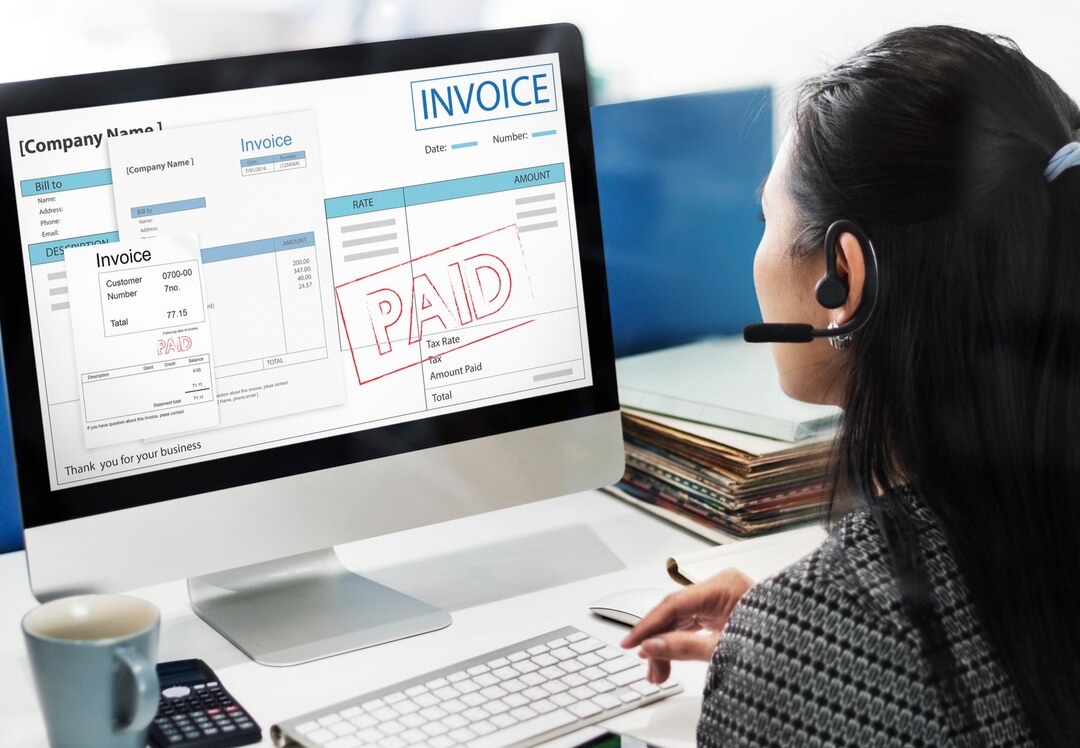In recent years, electronic invoicing (e-invoicing) has become a game-changer for businesses worldwide, and Botswana SMEs are no exception. With the increasing shift towards digital transformation, e-invoicing is revolutionizing how businesses manage their invoicing processes, offering numerous advantages such as efficiency, cost savings, and compliance with tax regulations. In this article, we will explore the future of e-invoicing for Botswana SMEs, its benefits, challenges, and how local businesses can leverage this technology for growth and success.
What is E-Invoicing?
E-invoicing, or electronic invoicing, refers to the process of sending, receiving, and storing invoices digitally, eliminating the need for paper-based invoicing systems. It involves generating an invoice in a standardized format, which can be automatically sent to the recipient for approval, payment, or record-keeping. E-invoicing is integrated with business systems such as Enterprise Resource Planning (ERP) and accounting software, ensuring seamless, real-time transaction processing.
For SMEs in Botswana, e-invoicing presents an opportunity to streamline their invoicing processes, reduce human error, and stay compliant with tax regulations—all while enhancing customer experience.
1. E-Invoicing: A Key to Streamlined Business Operations
One of the major benefits of e-invoicing for Botswana SMEs is the significant improvement in operational efficiency. Traditional paper-based invoicing can be time-consuming, prone to mistakes, and difficult to track. E-invoicing, on the other hand, automates and speeds up the invoicing process, from creation and sending to tracking and payment.
With e-invoicing, Botswana SMEs can generate invoices automatically from their ERP or accounting systems, reducing manual effort. These invoices can be sent electronically to customers instantly, allowing businesses to expedite payments and maintain a steady cash flow. Furthermore, e-invoicing systems integrate seamlessly with other business functions like inventory management and customer relationship management (CRM), creating a streamlined and efficient operation.
2. Enhancing Compliance with Tax Regulations
In Botswana, tax compliance is a critical aspect of running a business. The Botswana Unified Revenue Service (BURS) has been taking steps to modernize the country’s tax systems, and e-invoicing is a significant part of this initiative. By adopting e-invoicing, Botswana SMEs can ensure compliance with local tax regulations, which often require businesses to issue accurate and timely invoices for tax reporting.
E-invoicing helps SMEs in Botswana maintain proper records of all their transactions, making it easier to generate tax reports and submit returns to BURS. The use of e-invoicing also reduces the risk of errors and discrepancies in financial reporting, which could lead to fines or penalties. Additionally, businesses can integrate e-invoicing with tax software to automatically calculate VAT and other applicable taxes, ensuring accurate invoicing and tax remittance.
3. Improved Cash Flow and Faster Payments
One of the key challenges SMEs face in Botswana is managing cash flow effectively. Late payments can disrupt business operations, and manual invoicing processes can delay the receipt of funds. E-invoicing addresses this issue by enabling faster invoice processing and payment collection.
E-invoicing systems allow businesses to send invoices as soon as a product or service is delivered, reducing the waiting time for payment. With automated reminders and due date tracking, businesses can follow up on overdue invoices more efficiently. Some e-invoicing platforms even integrate payment solutions, allowing customers to pay directly from the invoice, speeding up the payment cycle and improving cash flow.
Furthermore, e-invoicing reduces the risk of human error, which can often lead to delays or disputes over invoices. This means businesses in Botswana can expect quicker resolution of payment issues, reducing friction with customers and improving relationships.
4. Cost Savings Through E-Invoicing
In addition to improving operational efficiency, e-invoicing also leads to significant cost savings for Botswana SMEs. Traditional paper-based invoicing involves costs such as printing, postage, and storage. These expenses can add up over time, especially for small businesses with limited budgets.
By adopting e-invoicing, businesses can eliminate these costs. Digital invoices can be created, sent, and stored without the need for paper, reducing both material and labor costs. Furthermore, e-invoicing reduces the time spent on manual data entry and invoice processing, freeing up resources that can be redirected toward other business operations.
For Botswana SMEs, these cost savings can be reinvested into growing the business, improving customer service, or expanding operations.
5. Data Security and Fraud Prevention
Data security is a top concern for any business, especially when it comes to financial transactions. E-invoicing offers a secure way for Botswana SMEs to manage their invoicing processes, ensuring that sensitive customer and financial data is protected. With encryption and secure storage protocols, e-invoicing systems offer a higher level of security compared to traditional paper-based methods.
Moreover, e-invoicing reduces the risk of fraud. Paper invoices can be easily lost, altered, or duplicated, leading to potential fraud and disputes. However, with e-invoicing, all transactions are recorded in a digital ledger, making them tamper-proof and traceable. In the event of a dispute, businesses can quickly access and verify the invoice details to resolve the issue.
The added security features provided by e-invoicing give Botswana SMEs peace of mind, knowing that their financial transactions are protected from fraud and errors.
6. The Role of E-Invoicing in Promoting Sustainability
As the world becomes more environmentally conscious, businesses are increasingly looking for ways to reduce their carbon footprint. E-invoicing supports sustainability efforts by eliminating the need for paper-based invoices. Printing and shipping paper invoices consume natural resources and contribute to deforestation and waste.
By adopting e-invoicing, Botswana SMEs can play a role in promoting sustainability and reducing environmental impact. This aligns with global sustainability trends, which could also enhance the business’s brand reputation and appeal to environmentally-conscious customers.
7. The Future of E-Invoicing for Botswana SMEs
The future of e-invoicing for Botswana SMEs is bright, with technology continuing to evolve and more businesses adopting digital invoicing solutions. As the adoption of e-invoicing grows, it is likely that the Botswana government will implement even more advanced features, such as mandatory e-invoicing for certain industries and businesses.
Botswana SMEs can expect further integration of e-invoicing with other business systems, such as customer relationship management (CRM) software and Enterprise Resource Planning (ERP) systems, creating a fully automated invoicing process that will improve efficiency and reduce manual errors.
Additionally, as digital payment methods continue to rise, e-invoicing will play an even more critical role in ensuring fast and seamless payment processing for businesses and customers alike.
E-invoicing is set to play a significant role in the future of Botswana’s small and medium-sized enterprises. With benefits such as improved operational efficiency, enhanced tax compliance, faster payments, cost savings, and better security, e-invoicing presents an invaluable opportunity for SMEs to streamline their invoicing processes and stay competitive in the digital age.
As technology continues to advance, Botswana SMEs that embrace e-invoicing will be better positioned for growth and success, enjoying the advantages of automation, efficiency, and security. By adopting e-invoicing today, SMEs can not only simplify their financial management but also future-proof their businesses in an increasingly digital world.






